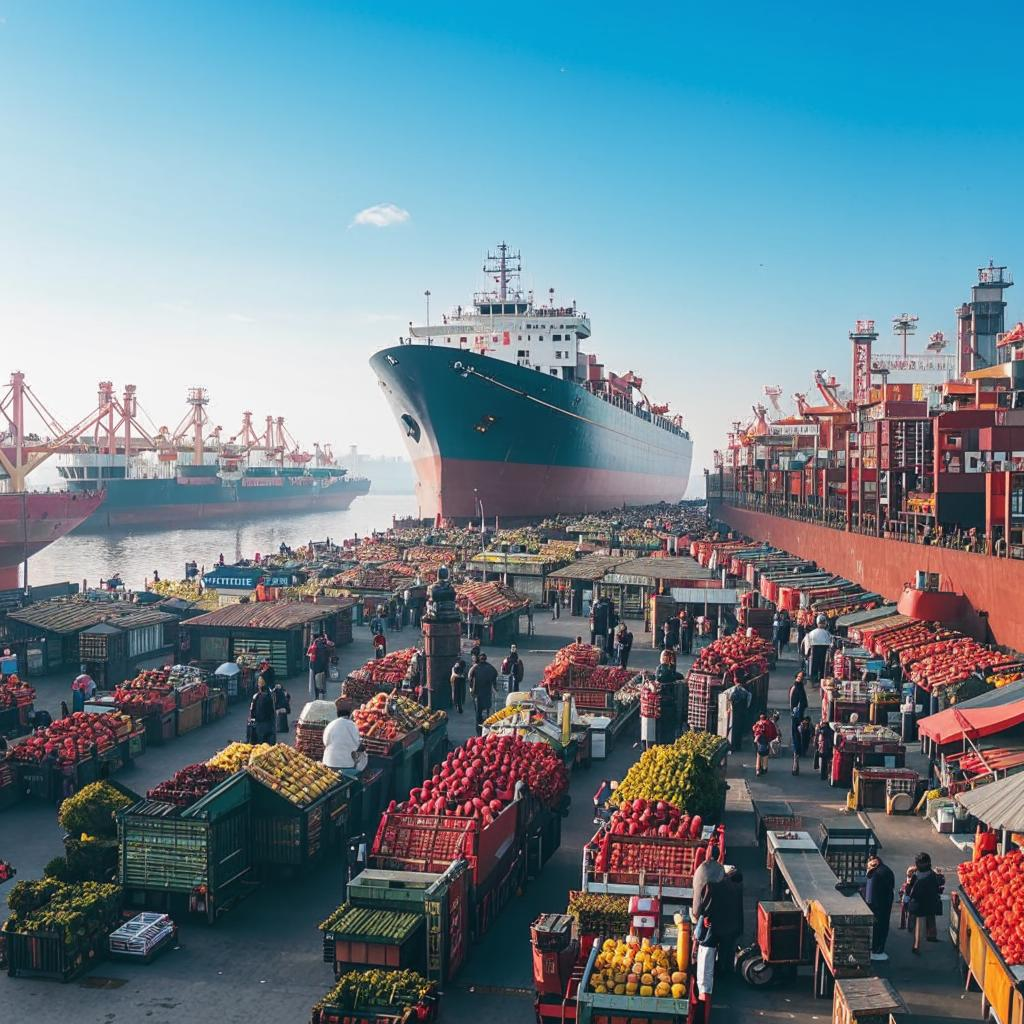A widespread selloff in global commodities is escalating due to intensifying recession fears. Crude oil prices plummeted following disappointing economic reports from China, a key consumer. Copper, a reliable indicator of economic health, also experienced a significant decline. Agricultural commodities, including wheat and corn, weren’t immune, impacted by concerns of softening demand.
Investors are increasingly worried that central banks’ aggressive interest rate hikes, designed to curb inflation, could trigger a sharp economic contraction. This commodity slump is interpreted by some analysts as an early signal of a more rapid deceleration in the global economy than initially anticipated.
The strength of the US dollar further exacerbates the situation, exerting downward pressure on commodity prices. Because commodities are typically priced in US dollars, they become more expensive for buyers using other currencies. This compounds the challenges faced by emerging markets that rely heavily on commodity imports. The commodity market volatility adds to the complexity of the economic outlook, leaving investors and policymakers grappling with uncertainty. Many are now assessing if the selloff represents a brief market correction or a harbinger of a more prolonged period of weakness in commodity markets.
Some economists suggest that fiscal measures alongside monetary policies will be key to managing the looming slowdown and mitigating the risks of recession. Others believe that global cooperation is vital to stabilizing commodity markets and ensuring a balanced economic recovery.















